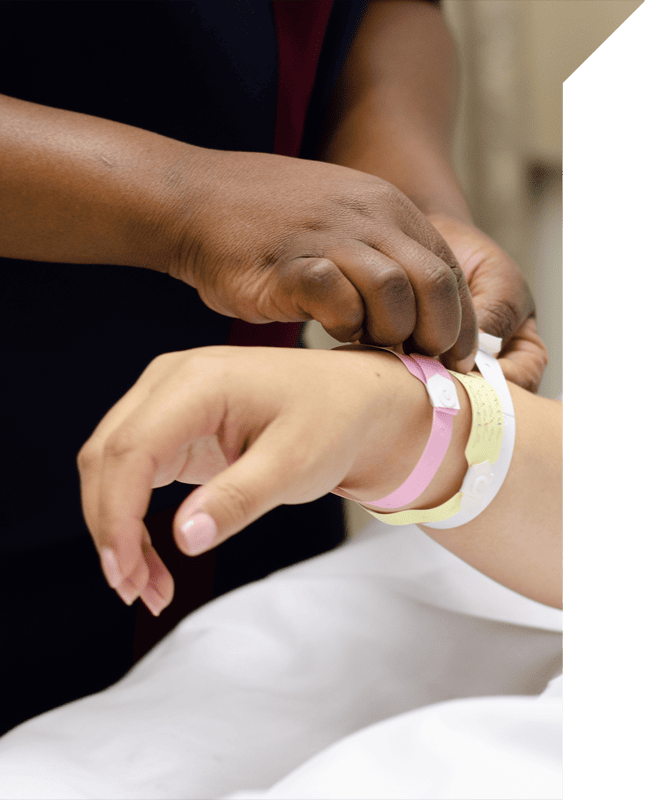For a glimpse into a career as a sleep technologist check out these videos
How do you get started with a career in sleep?
Clinical Experience
Healthcare Credential
CAAHEP/CoARC Student
Focused Training
International Option
Healthcare Credential Coursework
Are you currently a respiratory care professional?
Are you currently a Certified Respiratory Therapist (CRT) or Registered Respiratory Therapist (RRT) and interested in a career in sleep? The Sleep Disorders Specialty (SDS) exam is available to respiratory care professionals who wish to begin a career in sleep.

Accredited Polysomnographic Technologist Courses
Qualifying Polysomnography programs include Associates degree, Diploma, Certificate, A-Step, and Sleep Technology Approved Resource (STAR) Programs. Associate degree and some diploma programs are Accredited by the Committee on Accreditation for Polysomnographic Technologist Education (CoA-PSG), under the auspices of CAAHEP, who promote and advance the quality of educational programs for polysomnographic technology. All programs listed meet the requirement to sit for the RPSGT exam.
Let's Talk.
Are you currently enrolled or thinking about enrolling in a Sleep Technologist course?
MedBridge Healthcare offers the clinical hours you need to become a credentialed sleep technologist. We also offer tuition assistance, mock interviews, and other career preparedness training.
Contact [email protected] or 864-272-1843 now to get started and experience the difference you can make in someone’s life when they get a good night’s sleep!




